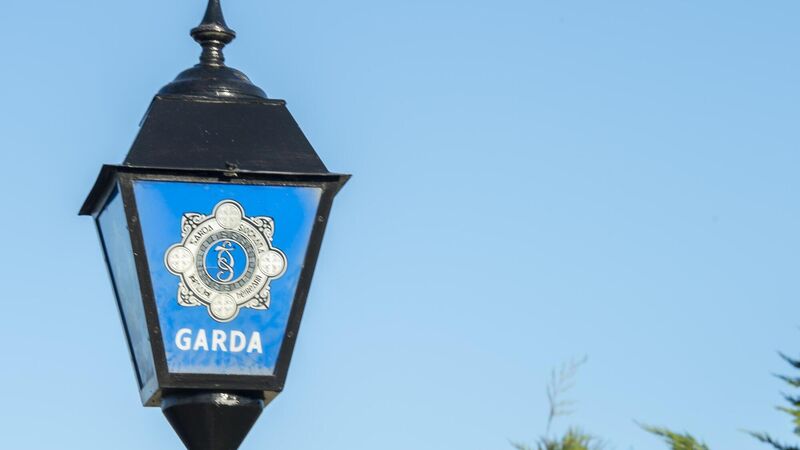Gardaí 'actively conduct welfare checks' on sex workers

A Garda statement said that in November 2021, An Garda Síochána conducted 45 safeguarding visits with individuals in the sex trade. File Picture: Dan Linehan
Garda HQ has said that officers actively conduct welfare checks with sex workers to ensure they are safe, and offer them supports.
The organisation also said that any attempt by a garda to abuse their powers for sexual gain “will not be tolerated” and will result in disciplinary action, up to and including dismissal.











